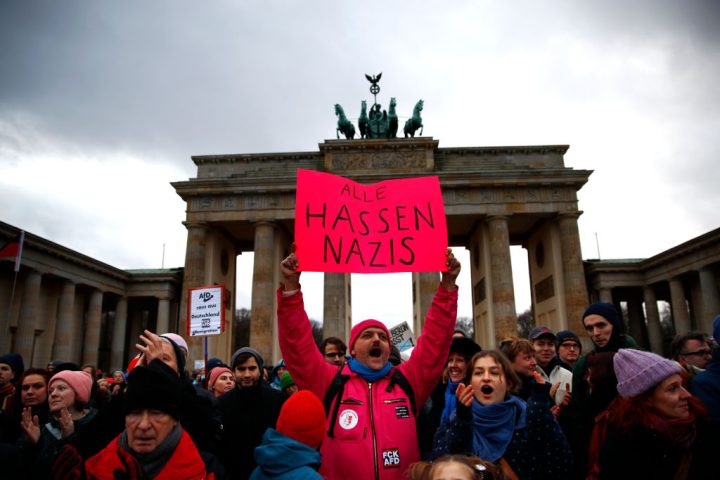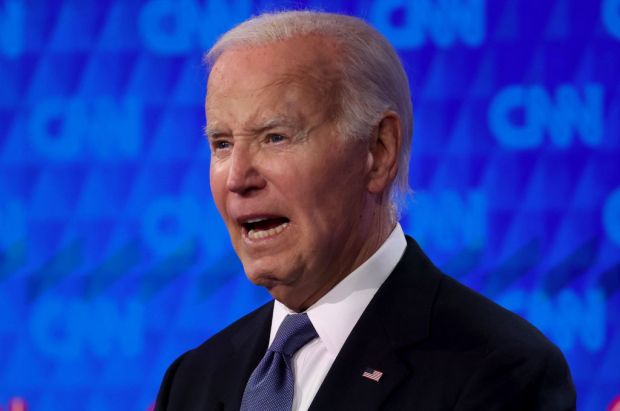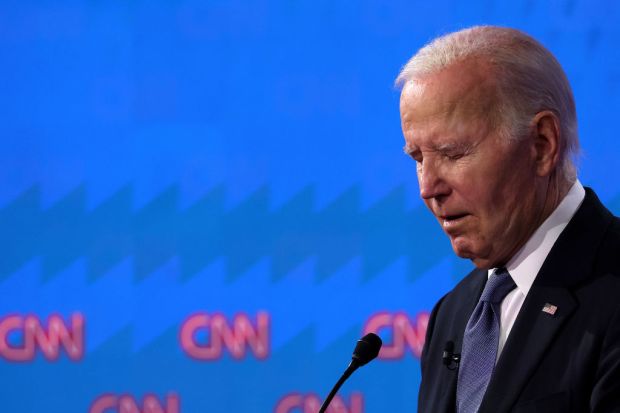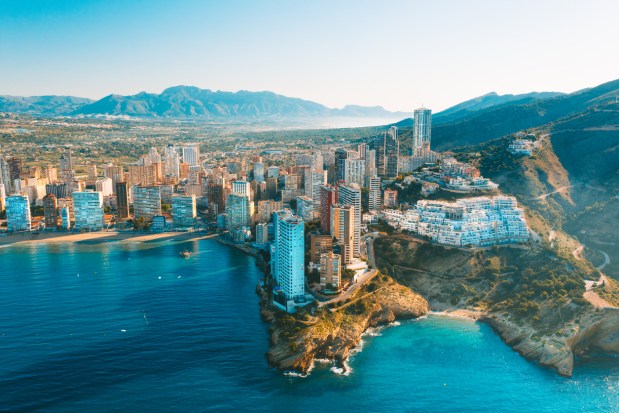After months of steadily climbing in the polls, could this be the moment the bubble bursts for the right-wing party, Alternative für Deutschland (AfD)? Over the weekend, tens of thousands of people gathered in cities across the country to protest against the party and its ideology.
Over 25,000 people congregated by the Brandenburg gate in Berlin on Sunday, holding placards with slogans such as ‘AfD is not the alternative’ and ‘Defend Democracy’.
Already a subscriber? Log in
Subscribe for just $2 a week
Try a month of The Spectator Australia absolutely free and without commitment. Not only that but – if you choose to continue – you’ll pay just $2 a week for your first year.
- Unlimited access to spectator.com.au and app
- The weekly edition on the Spectator Australia app
- Spectator podcasts and newsletters
- Full access to spectator.co.uk
Or




















Comments
Don't miss out
Join the conversation with other Spectator Australia readers. Subscribe to leave a comment.
SUBSCRIBEAlready a subscriber? Log in